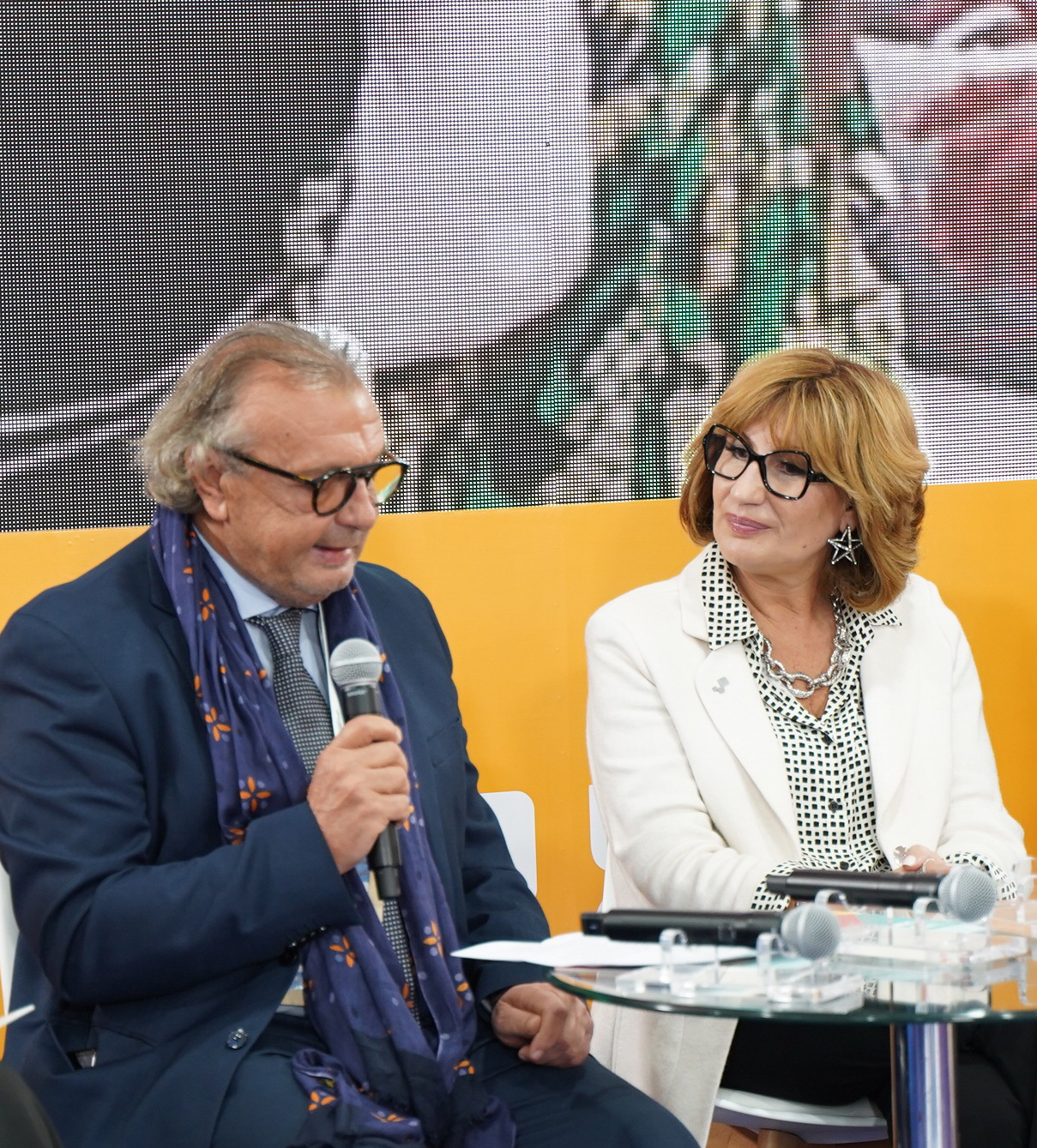United Cities and Local Governments (UCLG) achieved a major milestone with the launch of the Lampedusa Charter during its 7th World Congress in Daejeon, Republic of Korea. The Charter addresses dignified human mobility and territorial solidarity, rethinking citizenship beyond administrative status and centering actions around dignity and solidarity. It also lays the foundation for a renewed governance framework that builds on territorial realities and establishes the “Right to the City” as a fundamental principle.
The Lampedusa process endorsed, renewed, and expanded commitments through two years of consultations with hundreds of participants. More than 90 direct contributions have shaped the resulting document. Over 300 representatives of cities and regions from around the world, 20 civil society and international organizations, and more than 30 networks were involved in the process, which was supported by the UCLG regional sections.
For local and regional governments, the subjects of migration and displacement are not just a matter of borders, but rather about the push and pull factors that lead people in search of opportunities. Beyond economic, demographic, and territorial imbalances that exacerbate trends such as workforce concentration and rapid urbanization, a variety of interrelated factors also contribute to human mobility. These include climate change, inequalities and other patterns of oppression, and conflict, all of which increasingly create harsh conditions facing migrants (both as a cause of their movement and as a reality in their place of settlement). By choice or by need, leaving one’s place of origin becomes particularly difficult for groups that are structurally discriminated against for reasons such as gender, age, race, religion, sexual identity and orientation, and many others.
The Lampedusa Charter was inspired by Totò Martello, former Mayor of Lampedusa, Italy with the support of Mohamed Wajdi, Vice Mayor of Sfax, Tunisia. At the launch, Martello stressed that “the Lampedusa Charter is a point of no return in the long path to building a better society. If a person is at sea and needs help, they must be rescued regardless of the why, the color of their skin or their status.”
The Charter includes a call to the international community to, among other things, eradicate the criminalization of migration; promote alternatives to detention; enhance care, particularly for children and youth; modify legal frameworks to increase pathways for regular migration; expand protection frameworks and instruments; and implement universal access to health coverage for all, regardless of migration status.
An important request of the Charter is to establish global alliances to oppose the creation of enclave settlements or camps, working towards ensuring that all migrant, refugee, and displaced populations have a right to move to the cities and intermediary cities that offer them dignified livelihoods. The Charter also appeals for the restoration of dignity and remembrance to those who have suffered violence and died in their quest for safety and opportunities. The Charter recognizes and builds upon previous UCLG efforts and declarations advocating for an understanding of human mobility as a natural, legitimate phenomenon; a source of innovation; and a key driver of urbanization.

